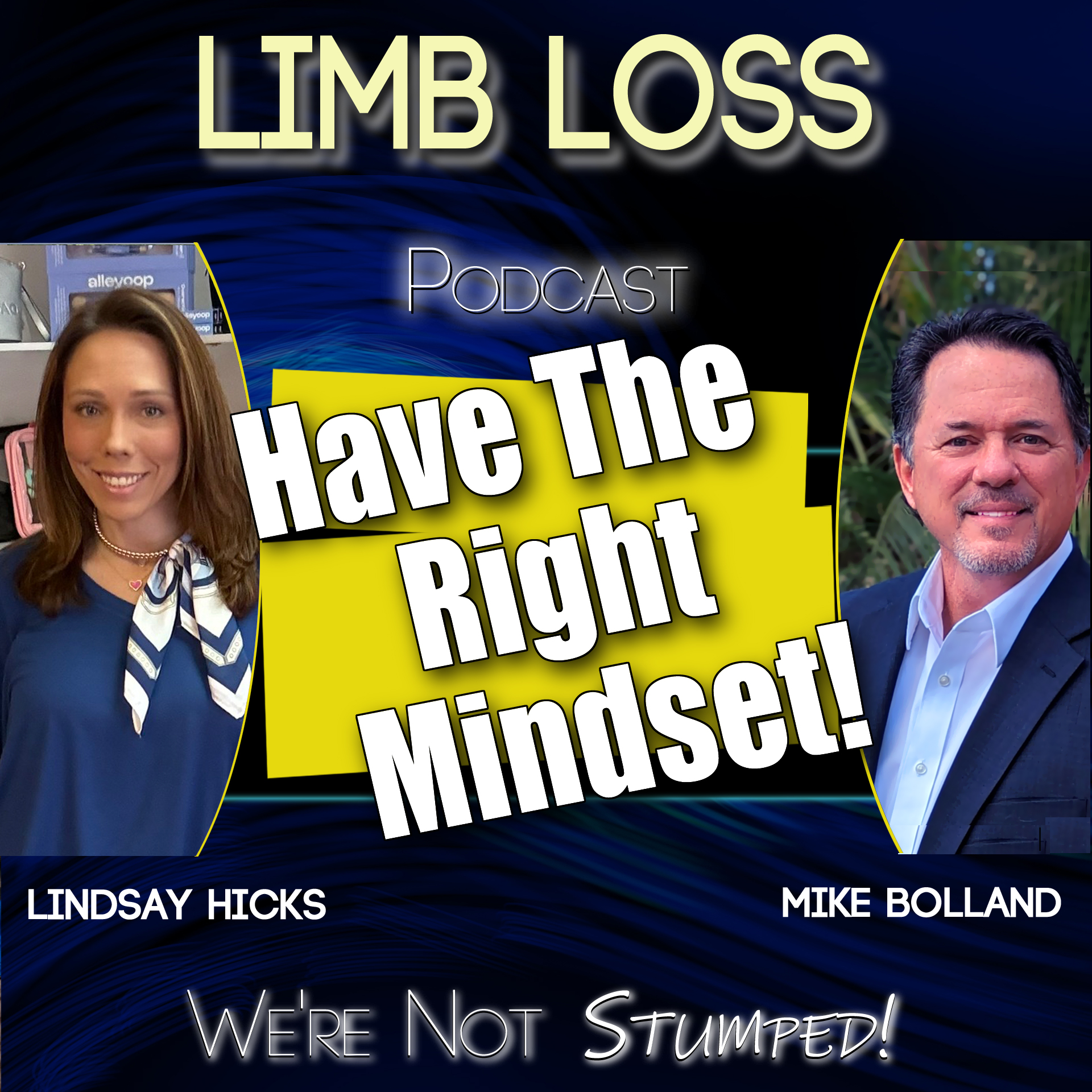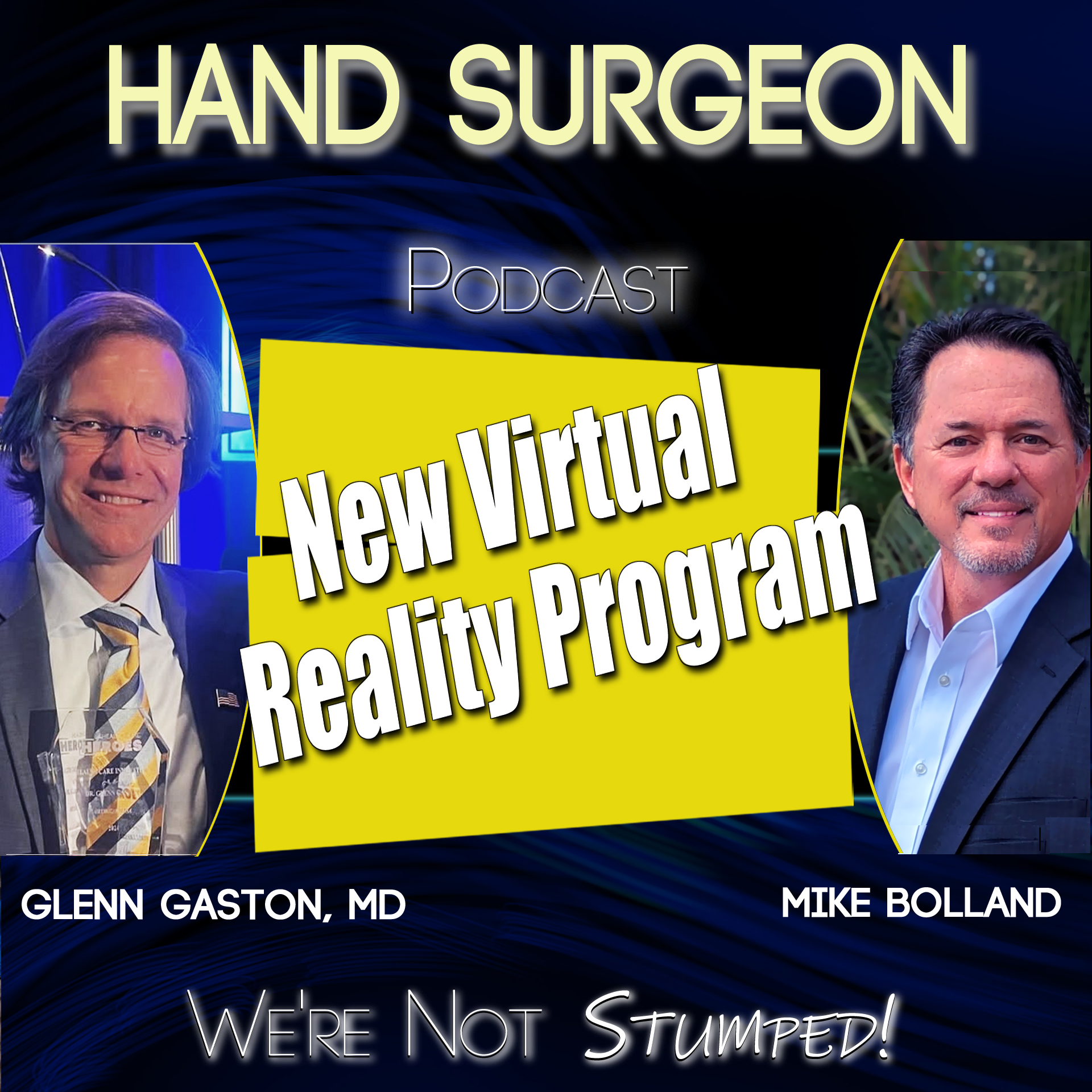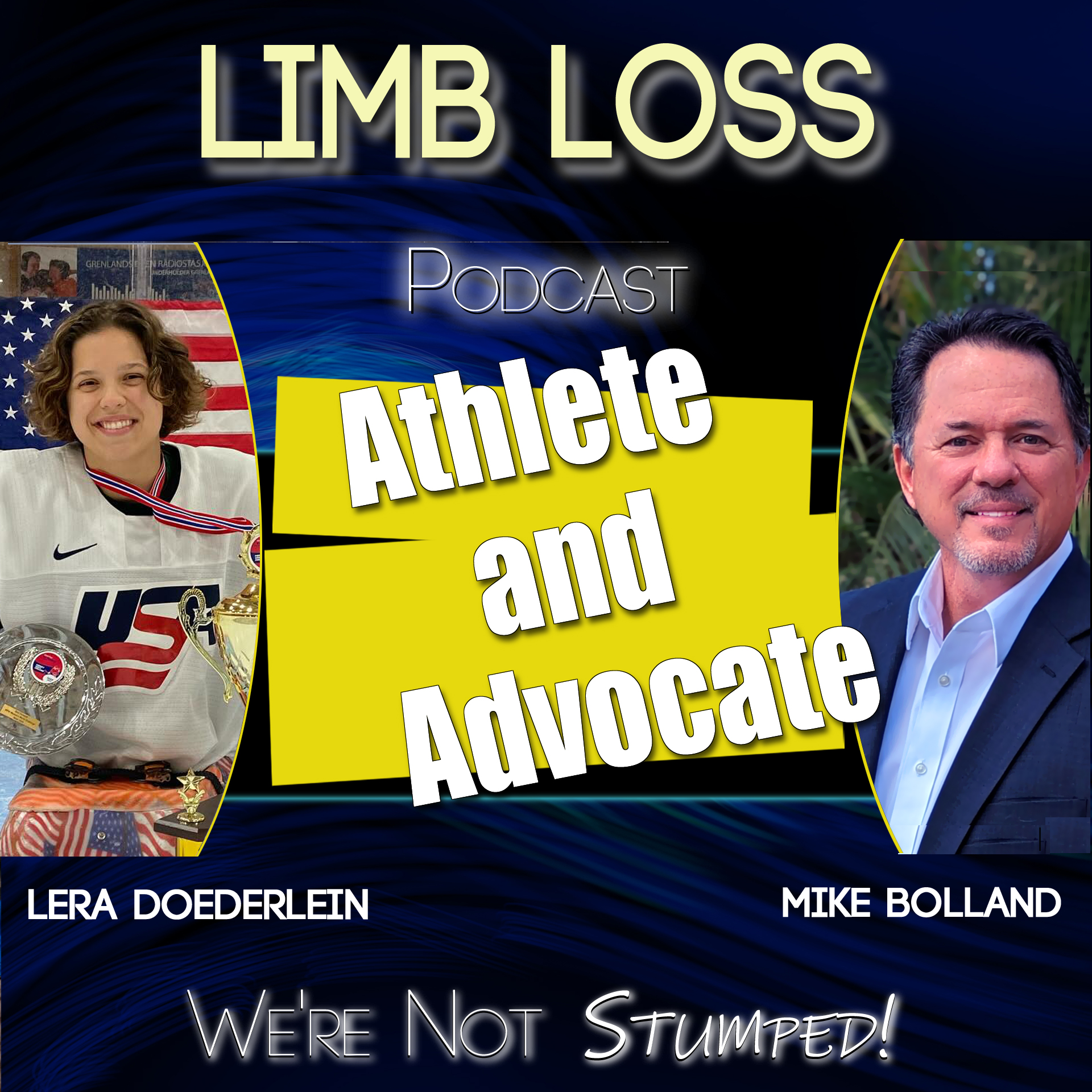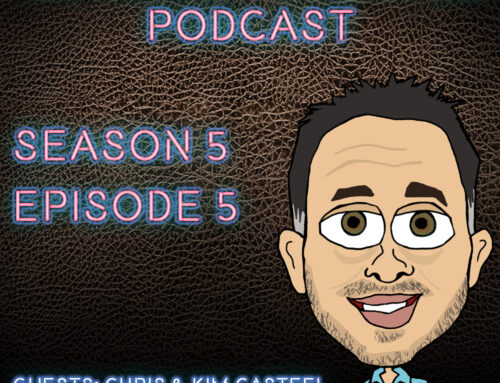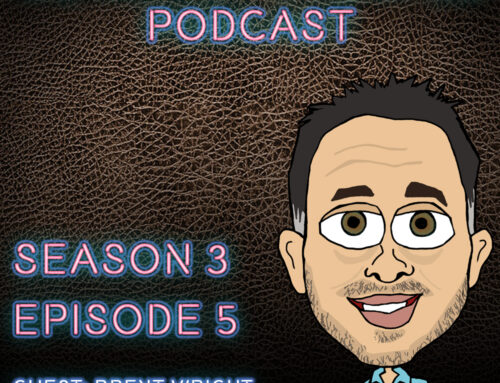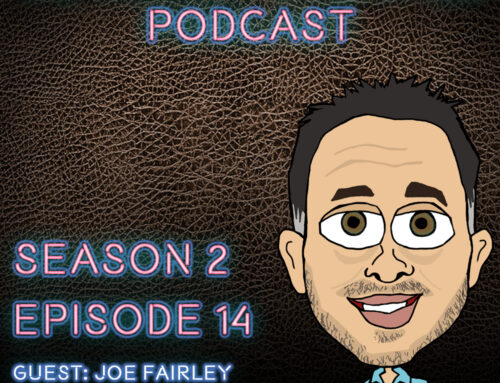In this episode of We’re Not Stumped, host Mike Bolland welcomes Chris Baschuk, a trailblazer in upper limb prosthetics and the Director of Clinical Services at Point Designs. Chris also serves on the board of the American Academy of Orthotists and Prosthetists and is a proud ambassador for What Is POP, an organization working to expand the pipeline of professionals in Prosthetics, Orthotics, and Pedorthics.
Together, Mike and Chris explore the cutting edge of prosthetic innovation—from the rise of 3D printing in clinical care to the need for greater access, education, and advocacy for people with limb loss.
🔧 Chris shares his personal journey—from tinkering with tools as a child to mission work in Brazil that inspired his career in biomedical engineering and prosthetics. He explains how additive manufacturing is revolutionizing prosthetic options for partial hand amputees, and how companies like Point Designs are leading the charge with rugged, functional, and customizable prosthetic components.
💡 Topics include:
- The evolution of multi-articulated prosthetic hands
- Pattern recognition technology in upper limb devices
- Shifting from traditional fabrication to additive manufacturing
- Advocacy to improve reimbursement and coding for partial hand prosthetics
- Chris’s leadership in the Upper Limb Prosthetic Society
- Mentorship and outreach through the POP ambassador program
- What his election to the Academy’s board means for future care
Mike also shares a fun then-vs-now look at prosthetic technology by comparing his vintage 1970s prosthetic hand with today’s advanced solutions.
If you’re passionate about prosthetic innovation, limb difference advocacy, or the future of orthotic and prosthetic education, this episode is a must-listen.
Listen on Apple Podcasts
Watch on YouTube
Listen on Spotify
In this powerful episode of We’re Not Stumped, Mike sits down with Lindsay Hicks to share her courageous decision to choose amputation at age 22 — and the emotional and physical challenges that followed. Lindsay opens up about navigating identity after limb loss, the support of her parents, and the mindset that helped her move forward. She shares how setting a goal to walk unassisted by Christmas gave her focus during recovery and how resilience continues to shape her life today. The conversation also explores her prosthetic journey, serious medical complications including liver failure and infection, and the determination that helped her regain mobility after two years on crutches.
What if surgery and virtual reality could dramatically reduce phantom limb pain? On this episode of We’re Not Stumped, host Mike Bolland sits down with Dr. Glenn Gaston, orthopedic hand and upper-extremity surgeon, to explore groundbreaking innovations in amputee care — including the Starfish Procedure and a virtual reality treatment for phantom limb pain. Dr. Gaston shares how a life-changing patient experience led him to build a dedicated amputee clinic and push beyond century-old methods of care He also shares his journey into amputee care, the inspiration behind his innovations, and why collaboration between surgeons, prosthetists, therapists, and mental health professionals is shaping the future of limb loss recovery.
Lera Doederlein joins Mike Bolland on We’re Not Stumped to share a powerful story of choosing possibility. Born with AMC (arthrogryposis multiplex congenita), Lera grew up in Phoenix using braces and forearm crutches while navigating school, friendships, and the quiet realization that sports might look different for her. As a teenager, she made the bold decision to pursue double above-knee amputations in order to gain independence and improve long-term mobility—and it transformed her life. Lera walks us through the realities of recovery and physical therapy, learning to use prosthetics, and the moment a clinician pushed her beyond her comfort zone—encouraging her to run just a week after she started walking. She also shares why community matters so much, from Camp No Limits to Hanger events and amputee boot camps that helped her build confidence and momentum.

